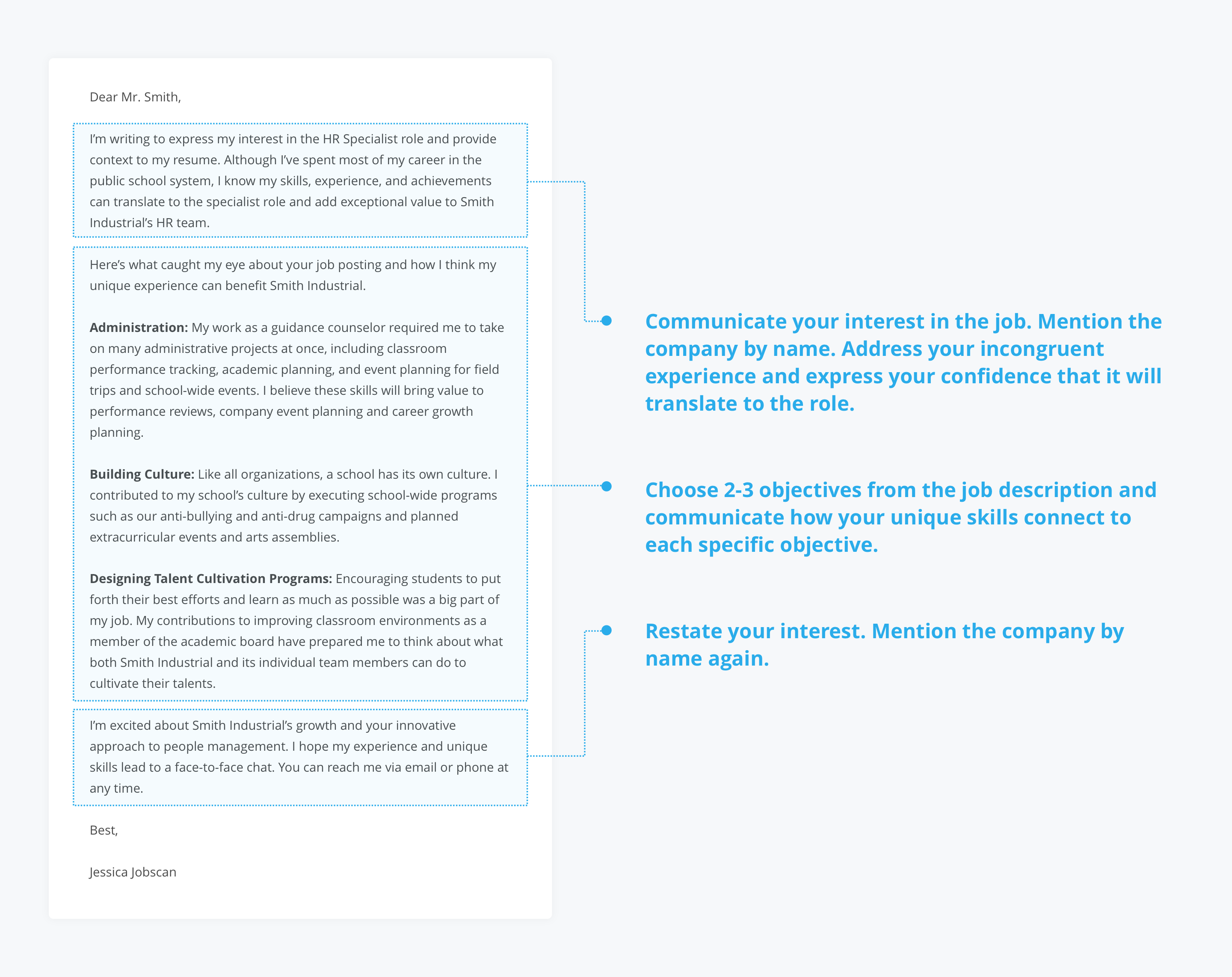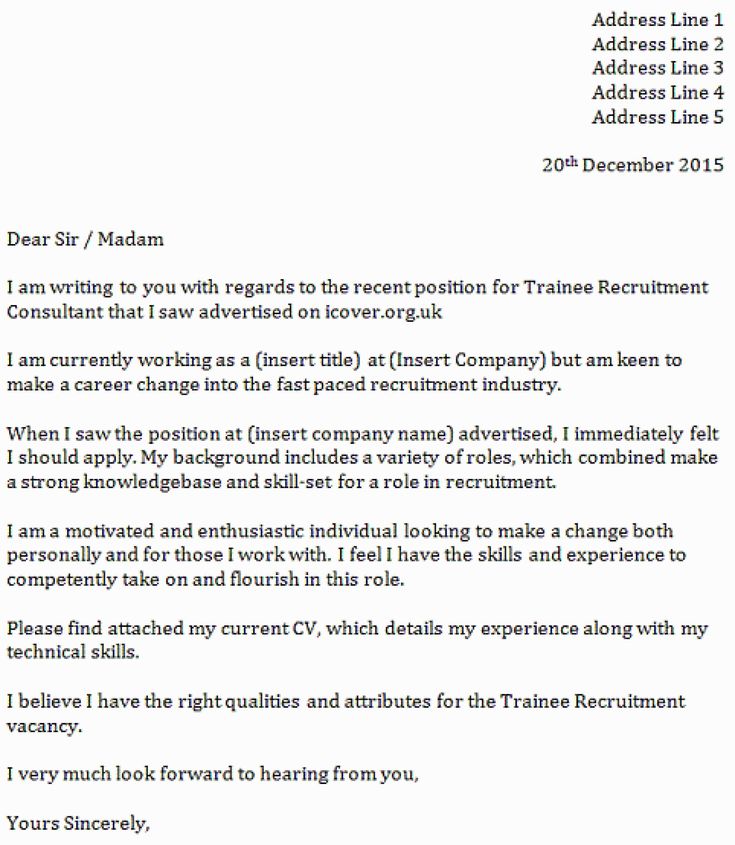
A variety of career advice is essential to your career success. Good career advice will help you make the right decisions and keep you on track. Here are some methods to get career guidance from others: Invest your time and effort in professional development. Look for mentors. Ask colleagues. These methods are proven to help you make the right career decisions.
To get career advice, embrace the unexpected
If you want career advice, embrace the chance. It is about accepting unplanned events and taking action. While thousands of people stumble upon careers and jobs, it is possible to gain valuable experience from these chance encounters. This type of career advice is appropriate for all industries, including the creative one.
It is essential to do extensive research but also to be proactive. Experimenting in different career areas will give you firsthand experience and help you discover new career options. Future planning requires a balance between research and action. We can learn a lot about ourselves and the work environment by observing firsthand.
Invest in your professional development
It's a great way to stay on top of your game and increase your productivity at work by investing in professional development. Companies that are focused on professional growth often perform better than their competition. It helps employees learn new skills that can be used in other jobs. They can also move up the corporate ladder. You can make a career investment in career guidance to get the best advice for the job you are applying for.

It also helps to make sure your resume is updated and accurately reflects your current skills. Your goal should be to impress your employer by demonstrating your expertise and making them feel that you are the right person for the job. If you haven't updated your resume for several years, investing in professional development is a smart move. Consider the requirements and the ways you can meet them.
Look for mentors
Look for mentors with similar career experiences when looking for career guidance. This could include senior leaders, colleagues, and subject matter experts. You can either ask your boss for recommendations or search online for a mentor. LinkedIn is a great resource for finding mentors with similar interests.
Once you have an idea of who your potential mentor is, you can begin to approach them. Send them an email introducing yourself, and ask a few questions related to your field. Let them know where your career is at and why you think they would make a great mentor. Try to reach out to the mentor a few days after your initial email is received by them.
Ask your coworkers
Ask your colleagues for career advice if it's not clear what you should do. This can be daunting. You may feel that you're competing with them, while they might consider you a threat or rival. It doesn't matter what your situation is, getting career advice from others can help you grow as an employee.
It's important that you are honest about your intentions when asking for help. Tell your colleagues exactly what you are looking for in advice. Also, explain why.

Consult with a career counsellor
A good career counselor can help guide you in finding the best career path. They can help assess your talents and preferences and help determine whether you are ready to work in that field. Many people consider career counseling an important step in choosing a career path. Choosing a career from a sea of options can be overwhelming. The amount of available information can be confusing, and the educational requirements for a specific position may be contradictory. A career counselor can help sort through all the information in a clear and simple way.
Career counselors will use many assessment tools to determine whether you're the best candidate for any job. They might ask you questions about your abilities, interests, and preferences. They may ask you for recommendations about potential job opportunities.